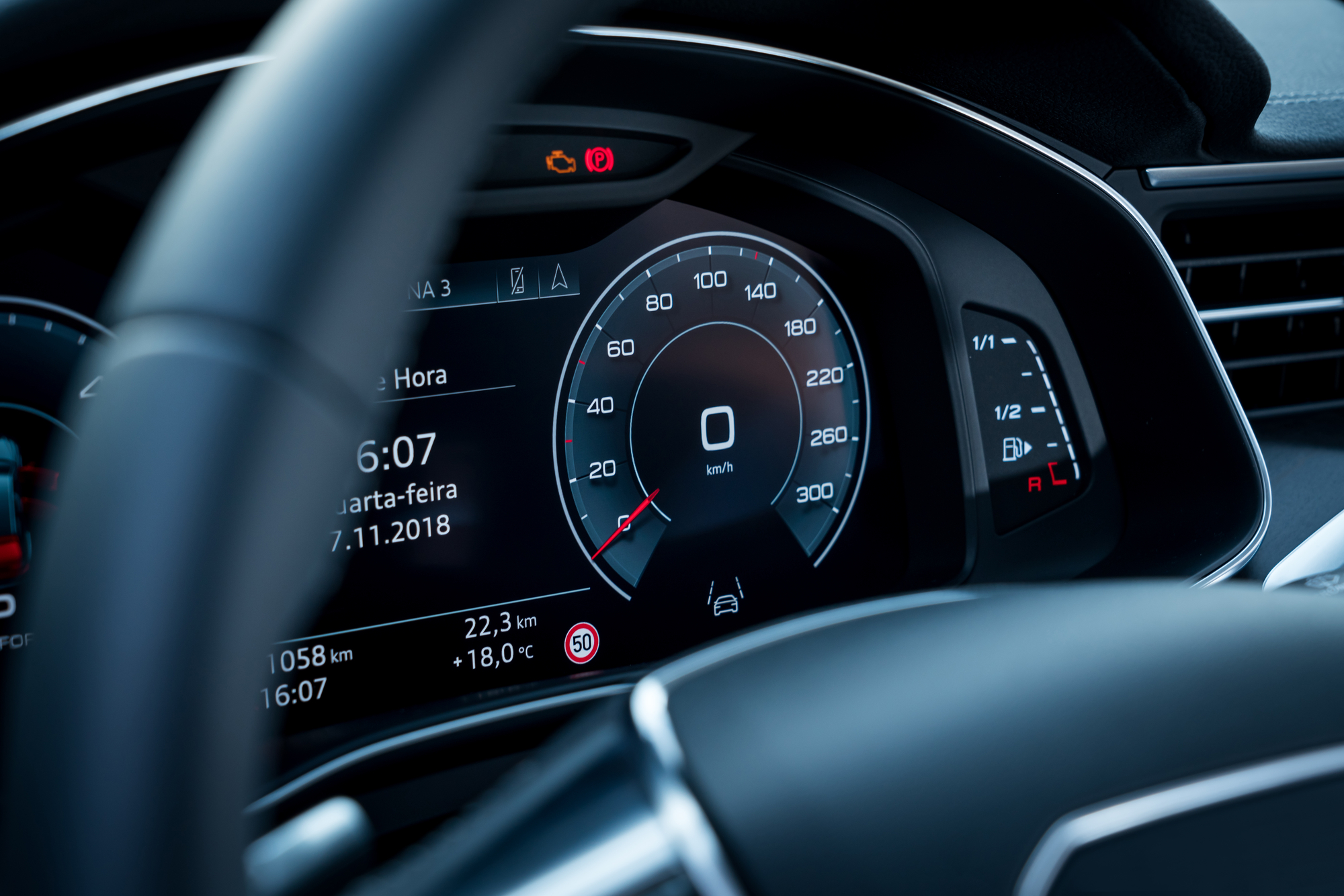Car Makes Noise When Accelerating At Low Speed Then Stops – is the article you’re looking for. Hopefully, you’ll find information related to Car Makes Noise When Accelerating At Low Speed Then Stops, all of which we’ve summarized from various reliable sources.

Car Makes Noise When Accelerating at Low Speed Then Stops: A Comprehensive Guide
Have you ever experienced a peculiar noise coming from your car as you accelerate at low speeds, only for it to vanish as you gain momentum? This common issue can be a source of frustration and concern, leaving you wondering what’s causing it and if it’s a sign of something serious. In this comprehensive guide, we will delve into the nature of this phenomenon, exploring its potential causes, and providing expert advice on how to address it.
The Whining Transmission
If the noise resembles a whining sound, it could be an indication of issues within your vehicle’s transmission. The transmission is responsible for transferring power from the engine to the wheels, and as it wears over time, it can produce unusual noises. When the transmission fluid is low or contaminated, it can lead to a lack of lubrication, causing the gears to grind against each other and producing a whining sound.
Rattling Heat Shields
Another possible cause for the noise you hear is loose or damaged heat shields. These shields are designed to protect the engine compartment from excessive heat, and when they become loose, they can rattle and produce a noise that is particularly noticeable at low speeds.
Worn Brake Pads
Worn brake pads can also be a culprit behind the noise you experience. As the friction material on the brake pads wears down, they can come into contact with the metal backing plate, creating a screeching or squealing sound.
Wheel Bearing Issues
Wheel bearings are responsible for allowing the wheels to rotate smoothly, and when they become worn or damaged, they can produce a humming or grinding noise. This noise is typically more pronounced at higher speeds but can also be noticeable at low speeds, particularly when making turns.
Exhaust System Problems
Faulty or damaged components within the exhaust system can also lead to unusual noises, including excessive rattling or a deep roaring sound. This can occur due to holes or leaks in the exhaust pipes, muffler, or catalytic converter.
Latest Developments and Trends in Noise Reduction Technology
Manufacturers are constantly innovating and developing new technologies to reduce noise levels in vehicles. One such advancement is active noise cancellation, which uses microphones and soundproofing materials to dampen and cancel out unwanted sounds within the cabin. Additionally, electric vehicles, which produce significantly less noise than traditional gasoline-powered vehicles, are gaining popularity and are expected to further reduce noise pollution in the future.
Tips and Expert Advice for Minimizing Car Noises
- Regular Maintenance: Regular servicing and maintenance of your car, including fluid changes and brake inspections, can help prevent noise-related issues from developing.
- Use High-Quality Components: When replacing worn parts, opt for high-quality components to ensure durability and quiet operation.
- Soundproofing Measures: Consider installing soundproofing materials in the engine compartment and wheel wells to reduce noise transmission into the cabin.
- Drive Smoothly: Sudden starts and stops, as well as aggressive acceleration, can put additional stress on the transmission and other components, potentially leading to noise problems.
Common FAQs on Car Noises
Q: Why does my car make noise when accelerating at low speeds, but not at high speeds?
A: This could indicate transmission or heat shield issues, as these problems are often more noticeable at lower speeds.
Q: What if the noise persists even after I replace the brake pads?
A: The noise may be due to other issues, such as worn wheel bearings or exhaust system problems. It’s recommended to have the car inspected by a mechanic to determine the exact cause.
Q: Is it safe to drive with a car that makes noise when accelerating?
A: While driving with a noisy car may not always be dangerous, it is advisable to have the issue diagnosed by a mechanic to prevent potential problems from worsening.
Conclusion
Experiencing a noise coming from your car when accelerating at low speeds can be a cause for concern, but it’s important to remember that it’s often a symptom of a minor issue that can be easily resolved. By understanding the potential causes and following the expert advice provided in this guide, you can effectively address the problem and restore your car’s quiet operation.
If you have any questions or would like further information on car noises, don’t hesitate to reach out to a reputable mechanic or consult relevant forums and online resources. Stay informed and drive safely!
![7 Reasons Car Engine Sounds Loud When Accelerating [Fixes]](https://sanedriver.com/wp-content/uploads/2022/04/PicsArt_04-29-06.10.59-768x419.jpg)
Image: sanedriver.com
Car Makes Noise When Accelerating At Low Speed Then Stops has been read by you on our site. Thank you for your visit, and we hope this article is beneficial for you.